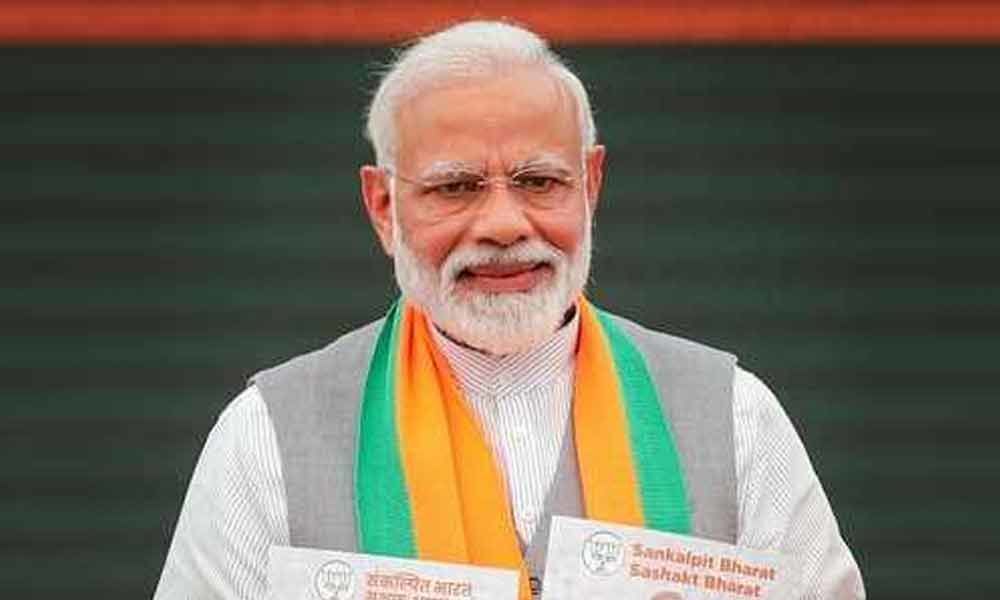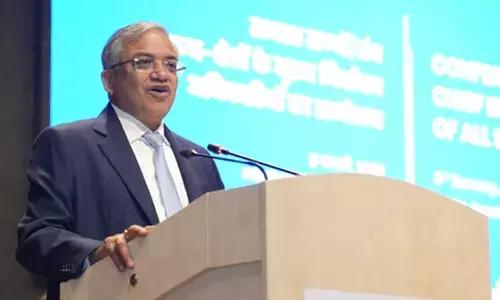Will revise income tax brackets if re-elected, BJP's 'sankalp patra' says

- The seven-phase general election starts on April 11 and votes will be counted on May 23
- Prime Minister Narendra Modi-led BJP is widely expected to widely expected to win the election
NEW DELHI: Bharatiya Janata Party (BJP) on Monday pledged to revise income tax (I-T) brackets to help the middle-class if the party retained power in an upcoming general election.
"We are committed to further revise the tax slabs and the tax benefits to ensure more cash and greater purchasing power in the hands of our middle income families," the BJP said in its election manifesto released on Monday.
The party's election manifesto or 'sankalp patra', also mentioned its commitment to become the world's third largest economy. "We have already become the world's sixth largest economy and will soon be among the top five. We aspire to make India the third largest economy of the world by 2030. This implies that we commit to make India a $5 trillion economy by 2025 and $10 trillion economy by 2032," BJP said.
"When compared to all governments post-1991, this government has delivered the highest rate of average GDP growth (7.3 per cent) over the last five years and maintained lowest rate of average consumer infation (4.6 per cent), it added.
On the tax policies, BJP said, "Our economic policy has been guided by the principle of lowering the tax rate and improving compliance; thereby broadening of the tax base. With improved compliance and increased tax base, the tax to GDP ratio has reached 12 per cent, highest in the recent past, up from 10.1 per cent in 2013-14."
BJP's manifesto further promised "capital investment of Rs 100 lakh crore in the infrastructure sector" by 2024.
The seven-phase general election starts on April 11. Votes will be counted on May 23.
Prime Minister Narendra Modi-led BJP is widely expected to win but with a smaller mandate, mainly due to a shortage of jobs and weak farm prices.
















